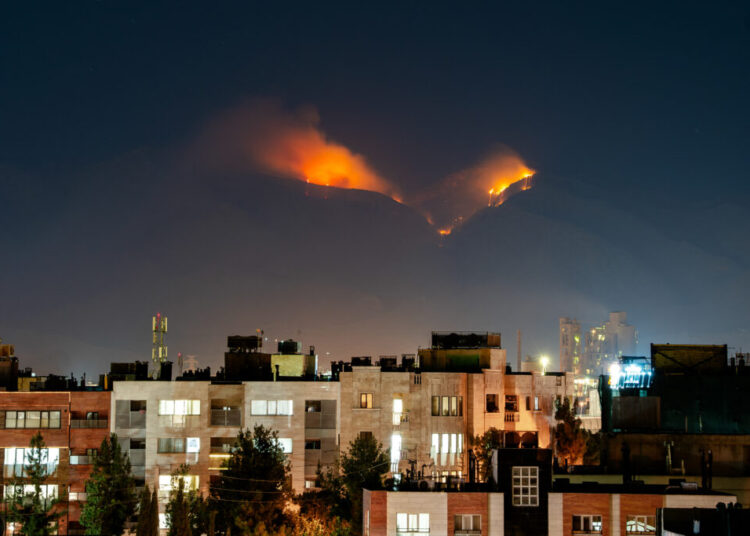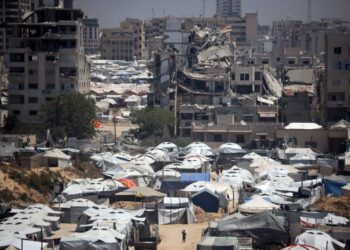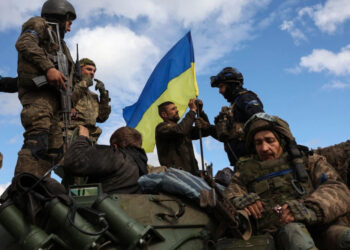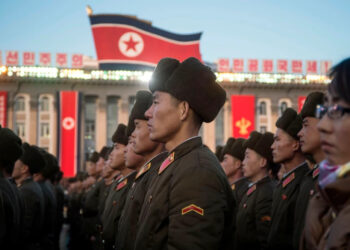**Incident Summary:**
On Saturday, President Donald Trump announced that the U.S. military conducted a “very successful attack” on three Iranian nuclear sites, notably the underground uranium enrichment facility at Fordow. The announcement was made via Trump’s Truth Social platform, where he confirmed that a “full payload of BOMBS” was dropped on Fordow, marking a significant escalation in U.S. involvement in the region.
**Details of the Attack:**
– **Date of Attack:** Announcement made on Saturday, with military actions having occurred recently.
– **Key Locations Targeted:**
– Fordow: Crucial underground uranium enrichment facility.
– Natanz: Another significant nuclear site in Iran.
– Esfahan: A third nuclear site mentioned by Trump.
Trump stated that all planes involved in the operation returned safely to base. He proclaimed this moment as “historic” for the United States, Israel, and the world, further emphasizing that Iran must agree to end hostilities.
**Context and Reactions:**
The announcement followed Trump’s remarks two days prior, where he indicated a two-week window for potential diplomacy. Reports indicated that U.S. B-2 bombers, known for their capability to carry “bunker buster” bombs, were headed from the U.S. before the strikes.
Iran responded strongly to the U.S. actions. President Masoud Pezeshkian warned of “more devastating” retaliation and reiterated that Iran would not cease its nuclear program. Additionally, the Iranian Revolutionary Guard claimed to have launched “suicide drones” targeting strategic locations across Israel.
**Casualties and Ongoing Conflict:**
Reports from various sources detail significant casualties:
– The U.S.-based Human Rights Activists News Agency reported over 657 deaths in Iran, including 263 civilians due to ongoing strikes.
– Iran’s health ministry reported more than 400 individuals killed in Israeli strikes.
– Iranian retaliatory strikes reportedly resulted in at least 25 fatalities in Israel.
**International Diplomacy:**
In light of the escalating conflict, Iranian Foreign Minister Abbas Araghchi was in Istanbul for a meeting with the Organisation of Islamic Cooperation. Meanwhile, top diplomats from Britain, France, and Germany engaged with Araghchi in Geneva, urging the resumption of nuclear negotiations with the U.S., which had been stalled due to the conflict.
In conclusion, tensions between the U.S., Israel, and Iran have surged dramatically, sparking fears of broader war and destabilization in the region amidst severe humanitarian impacts and rising military confrontations.












